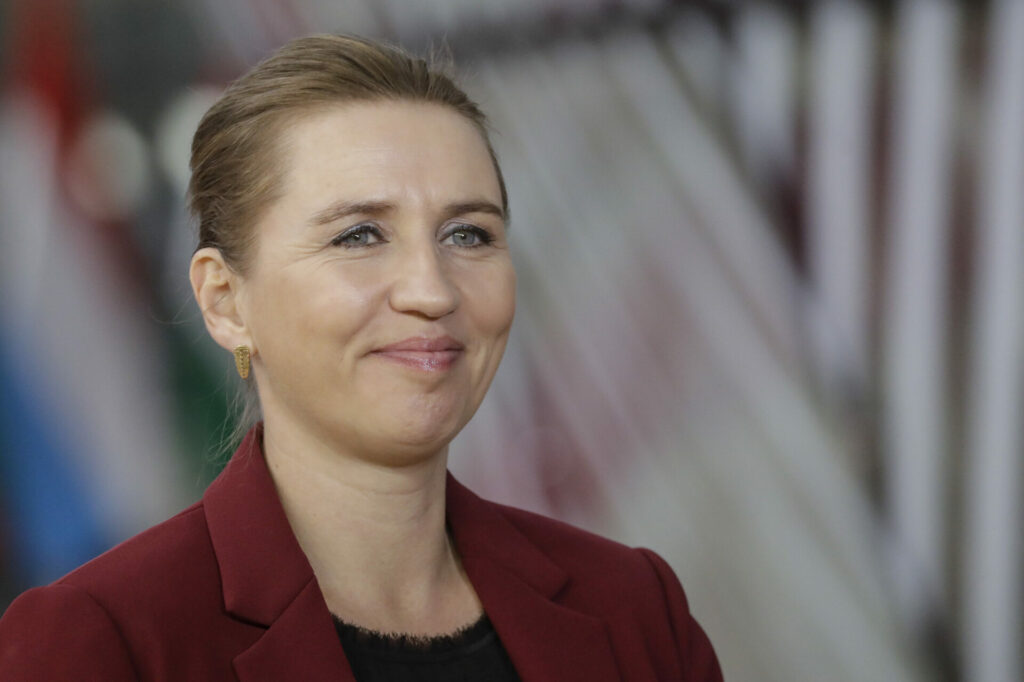The centre-left bloc led by current Prime Minister Mette Frederiksen has defied the polls to triumph in the Danish parliamentary elections, winning the 90 seats needed for a majority in the 179-seat Folketing. The centre-right bloc won a total of 72 seats, which gives the centre-left bloc a wafer-thin majority.
In a very tight race, the left-leaning bloc only managed to get over the line thanks to three mandates from Greenland and the Faroe Islands going their way. An unexpected turn of the night was the result of Frederiksen's own party, the Social Democrats, who actually gained two seats – the best result in two decades which makes them Denmark's largest parliamentary party.
"Social democracy has had its best election in over 20 years," said Frederiksen in a speech delivered last night in Copenhagen. "I am so incredibly happy and proud."
A complex drama
In her speech, however, Frederiksen also echoed an earlier campaign promise that she would attempt to reach across the political aisle to form a centrist, rather than predominantly centre-left, government.
"We are a party for the whole of Denmark," she said. "I call on all parties ... to seek cooperation, seek solutions, assert your influence. We must get through uncertain times safely," she said.
Going into the election, it was highly unclear which of two coalitions — Frederiksen's centre-left bloc or a centre-right bloc led by Jakob Ellemann-Jensen, leader of the liberal Venstre party — would come out on top.
In a further dramatic twist, a new party created by former Prime Minister Lars Løkke Rasmussen, the Moderates, was widely expected to play a crucial 'kingmaker' role in determining which of these two coalitions would rule. His party ended up winning 16 seats.
Immigration is still an issue
Adding to this fragmented political landscape, former hard-line Immigration Minister Inger Støjberg, who was impeached after being found to have illegally ordered the separation of asylum-seeking couples while in office, also led a new party, the Denmark Democrats, into this year's elections. Støjberg's party won 14 seats, making it the fifth biggest party in the Folketing.
Støjberg's revival, coupled with the fact that nearly all mainstream Danish parties have shifted sharply to the right in recent years on immigration-related issues, also led to the virtual complete collapse of the right-wing populist Danish People's party. The party was the second biggest in Denmark as recently as 2015, but scraped a mere 2.6% in yesterday's election — barely more than the 2% required to enter parliament.
Related News
- Danish Government calls for elections to avoid no-confidence vote over mink scandal
- Danish mink Coronavirus 'most likely extinct'
Because of the relative uniformity of the parties' views on immigration, other domestic issues tended to predominate over the course of the campaign, namely taxes, security, healthcare, and soaring energy prices precipitated by Russia’s invasion of Ukraine.
The Danish elections were called by Frederiksen after a highly critical parliamentary report criticised her government for her controversial mink cull during the Covid-19 pandemic, which led to the deaths of 17 million mink. After its publication, one of her coalition's partners threatened to withdraw its support unless she called a snap election, which Frederiksen promptly did.
In her speech last night, Frederiksen said the current government would formally resign on Wednesday to start forming a new administration.

